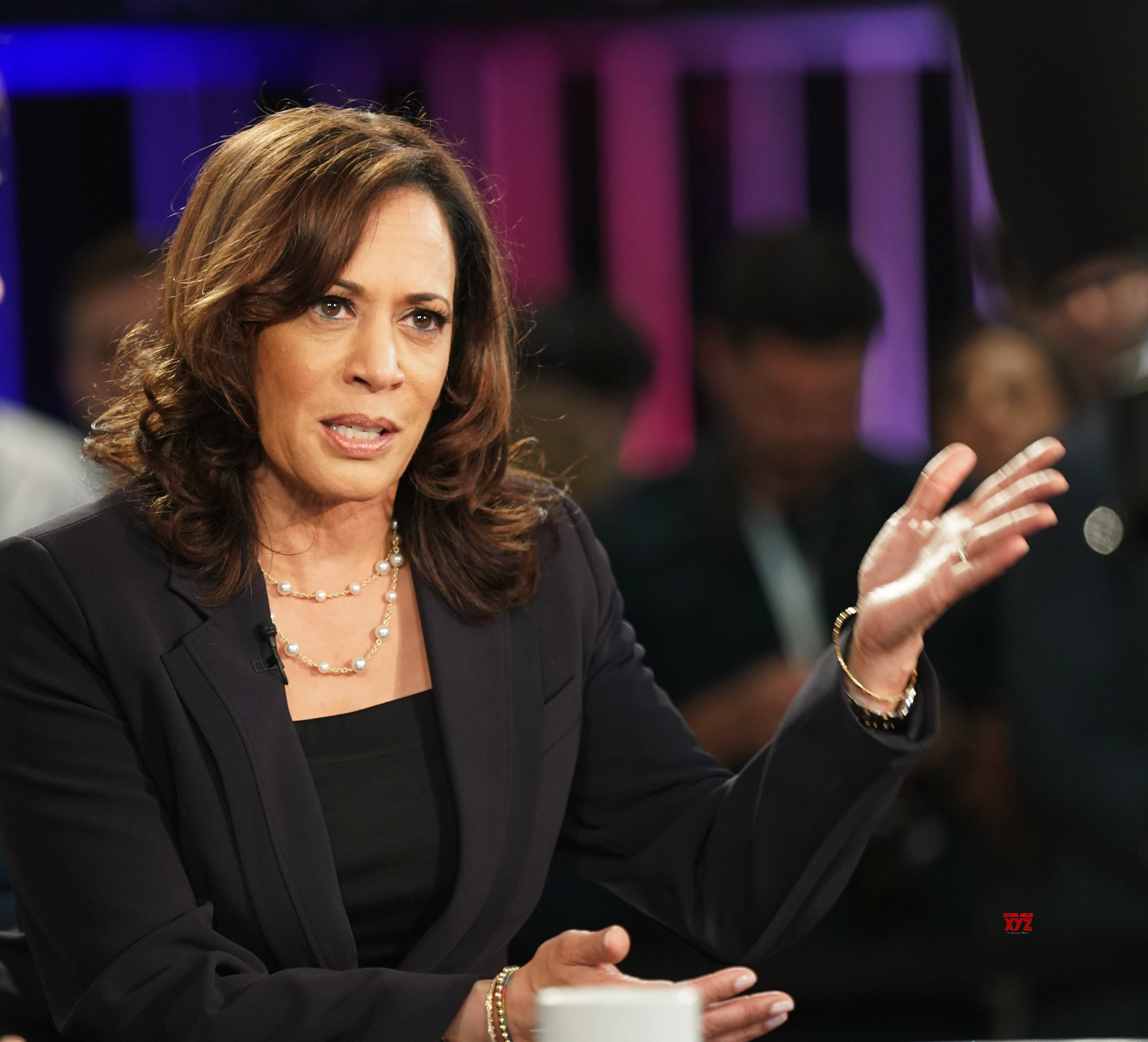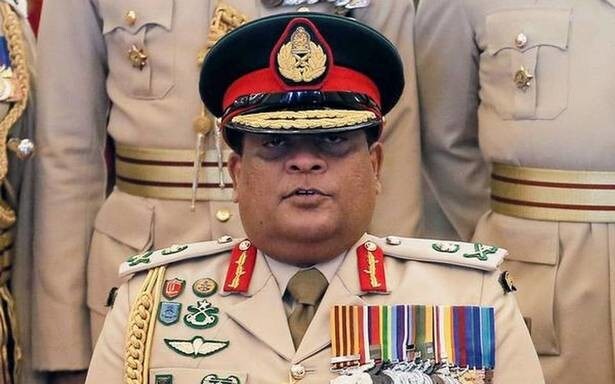 WASHINGTON: The US has unveiled a strategic action plan for trafficking “victims” making in-person registration of domestic workers of foreign diplomats mandatory, in an apparent fallout of the Devyani Khobragade case.
WASHINGTON: The US has unveiled a strategic action plan for trafficking “victims” making in-person registration of domestic workers of foreign diplomats mandatory, in an apparent fallout of the Devyani Khobragade case.
Without making any reference to Khobragade’s case, which resulted in a diplomatic row between India and the US, the first-ever “Federal Strategic Action Plan on Services for Victims of Human Trafficking” in the US contained a series of announcements on domestic workers and their alleged exploitation.
The action plan, released by the White House, stated that the in-person registration of domestic help of diplomats in Washington would be done soon after their arrival in the US.
The move came amid controversy over the arrest of 39-year-old Khobragade, the former Indian Deputy Consul General in New York, on charges of visa fraud and misrepresentation of facts following complaints of exploitation lodged against her by her maid Sangeeta Richard.
Both India and Khobragade have refuted the charges.
The action plan, released yesterday at a White House event by Cecilia Munoz, director of the Domestic Policy Council, stated: “Department of State will develop procedures for the in-person registration of domestic workers employed by diplomatic personnel in the Washington DC area shortly after their arrival in the US to apprise them further of their rights and available services.”
However, it did not mention anything about in-person registration of foreign domestic workers in cities like New York, where a significantly large number of diplomats are posted.
Running into 80 pages, the document said the State Department will continue to address the protection of A-3 and G-5 workers through its regular internal working group meetings on domestic worker issues, which reviews allegations and cases and discusses strategies and ongoing efforts to prevent abuse and ensure compliance with its requirements.
A-3 and G-5 visas are for foreign domestic workers who come to the US with diplomats or foreign officials who work with international bodies like the UN, World Bank and International Monetary Fund.–PTI






